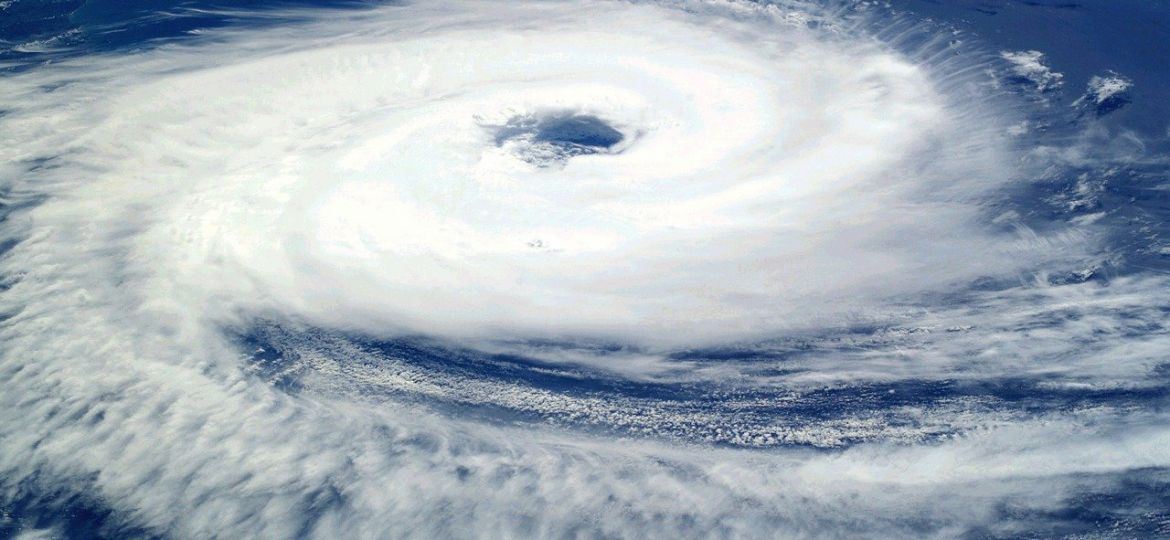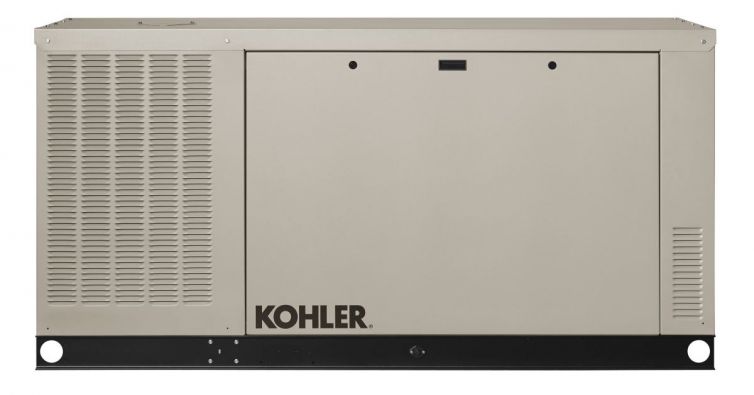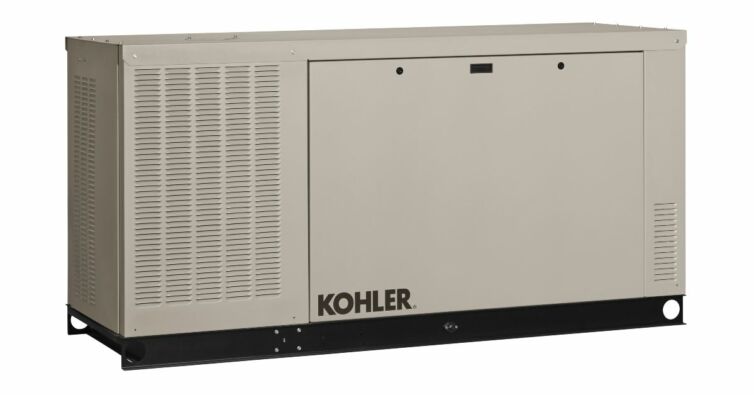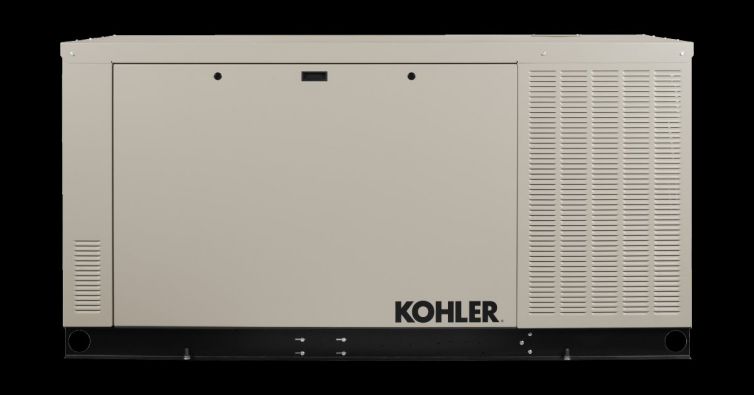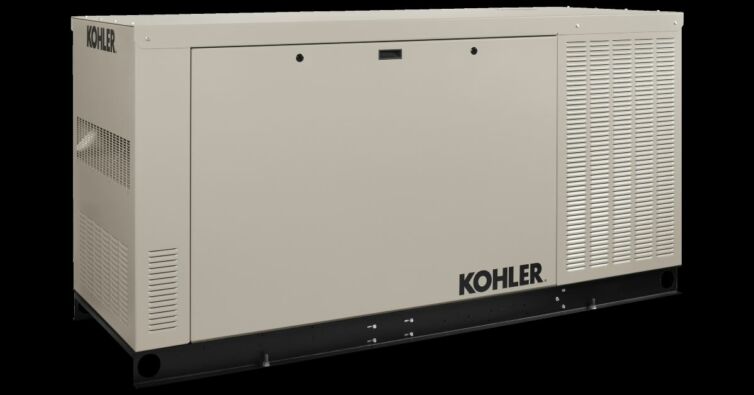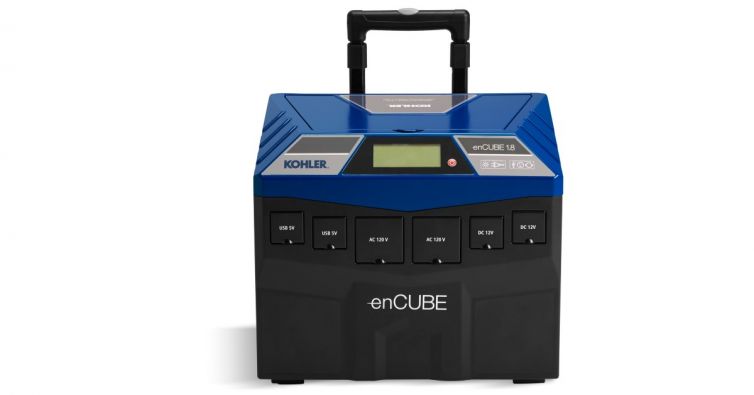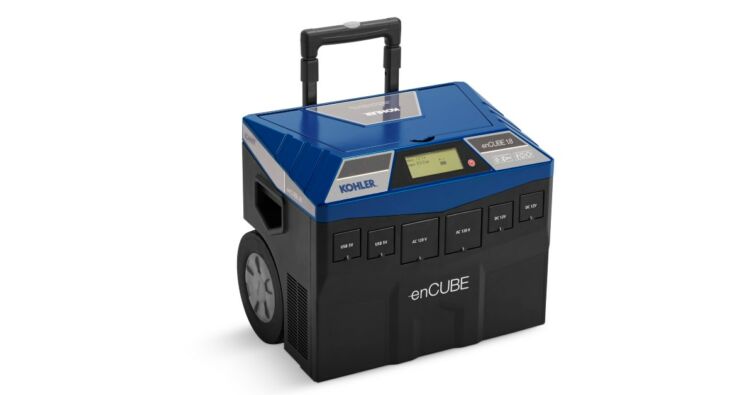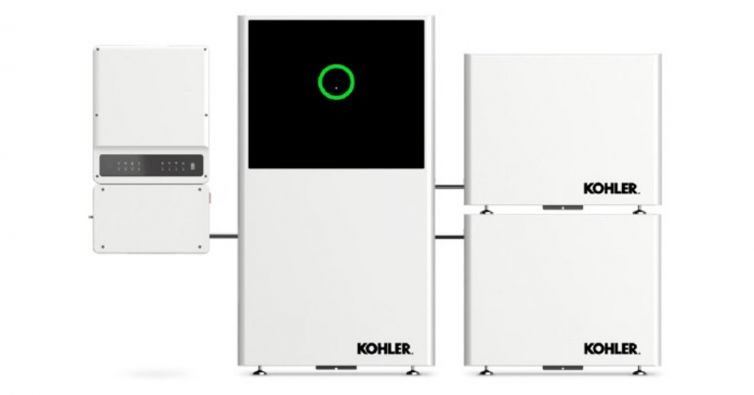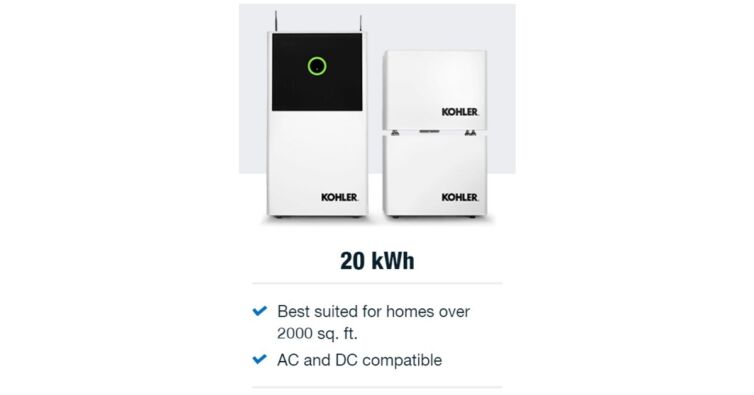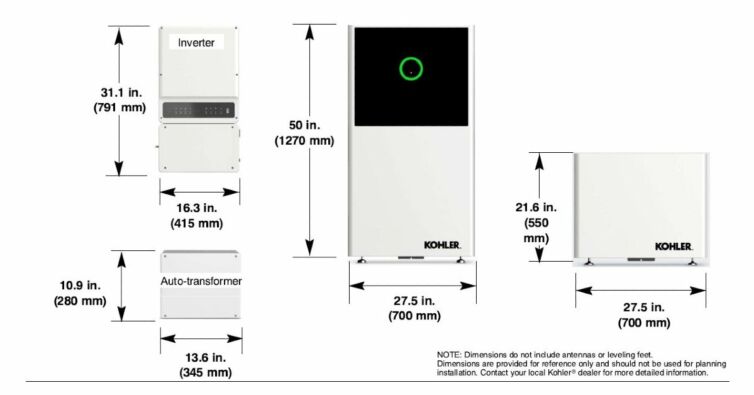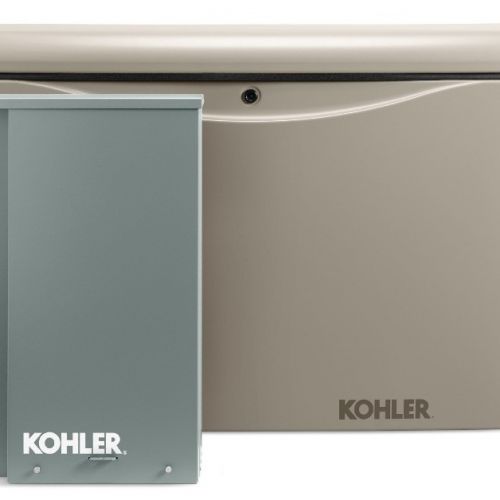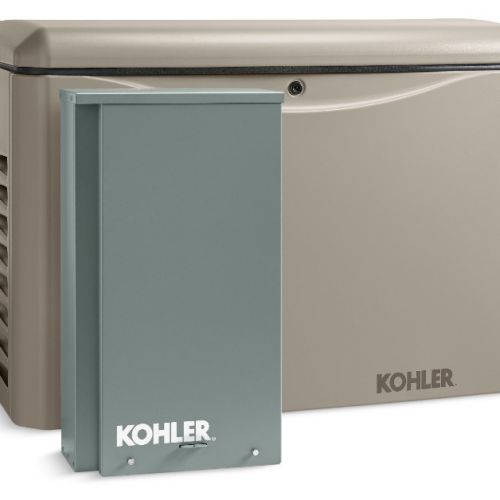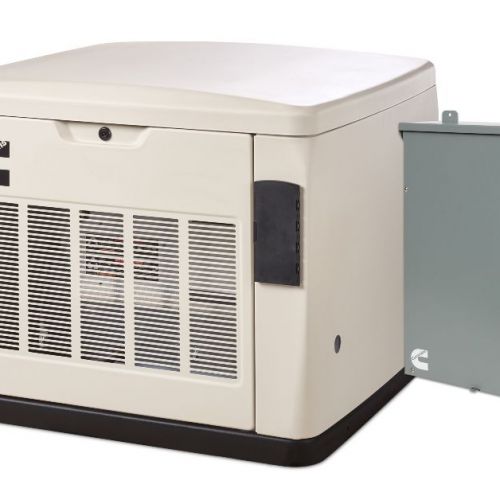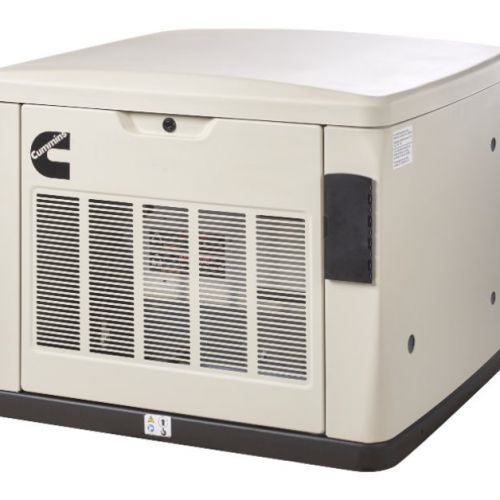Climate emergencies are increasingly common phenomena and the effects of a 1.1 degree increase are already here. We experience it through increased frequency and magnitude of extreme weather events, such as heat waves, droughts, floods, winter storms, hurricanes and forest fires. Undoubtedly this is currently a reality that is affecting us, our families, our properties, our daily activities. Perhaps you also have been affected. Preparedness and proactive attitude is the answer to best deal with a reality that imposes extreme weather conditions on us more and more frequently.
This article was published as a response to our clients who have purchased their first back up generator from us after being affected by extreme and unexpected weather conditions. They communicated to us it would have been helpful to know that a back up generator could in fact be used to tackle extreme weather. To help avoid long periods of time without power after a prolonged interruption of the electrical service due to the damages caused by the force of destruction these natural phenomena are known for.
As the commercial operations center of Brags & Hayes Generators is located in Florida and we serve both the American market and the entire Caribbean and Central American market, the focus of this article is on the most present natural phenomenon of the region, the hurricanes.
The following article answers in detail some of the most frequently asked questions on the internet lately. WEATHER WARNINGS NEAR ME, HOW TO BE ALWAYS PREPARED?
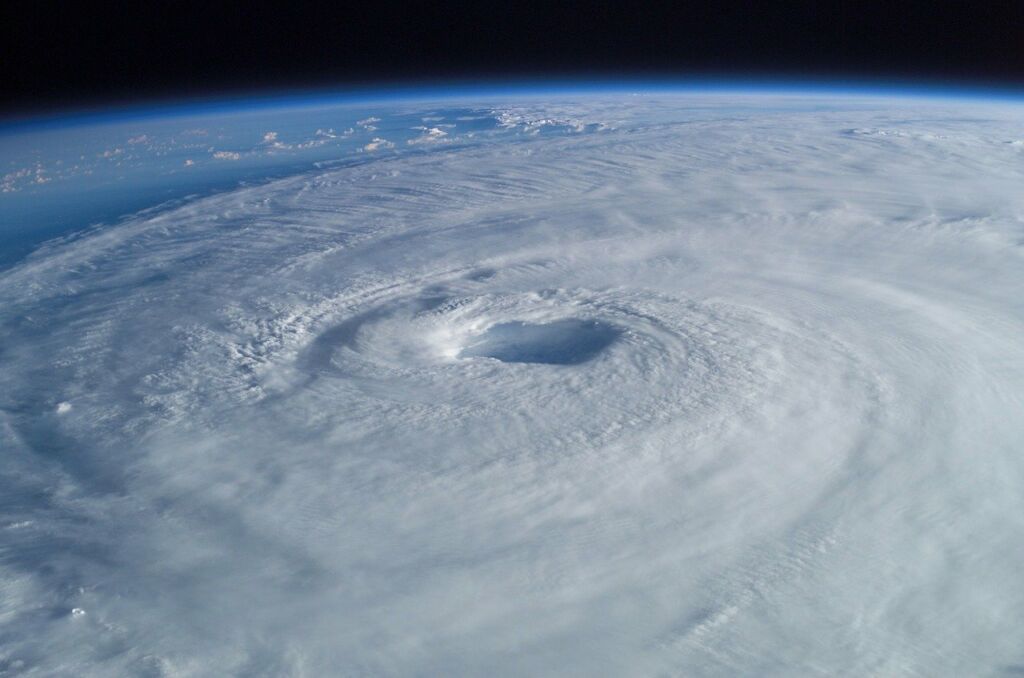
Having a plan avoids improvisation.
Fortunately, the hurricane season has a known period that begins on May 15th in the North Pacific and June 1st in the Atlantic and Caribbean and ends around November 30th. This allows you and your family to make sure you are prepared before hurricane season hits each year by planning ahead for possible contingencies.
During and after a hurricane, you may need supplies to keep your family safe and healthy. Remember that a hurricane is very likely to cause the power and water supply to go off. You may also be unable to drive due to damage to your car. Roads may also be flooded or blocked.
For this purpose we recommend:
- Write down the emergency telephone numbers and keep them both on the refrigerator and in mobile phones of all members of the house.
- Prepare an emergency supply kit.
- Fill up the gas tank and check your vehicle.
- Make sure you have extra cash on hand.
- Bring lightweight items such as trash cans, garden tools, toys, and patio furniture into the interior of your home.
- Locate the nearest shelter and the different routes you can take to get there from your home. If shelter locations have not been identified in your area, learn how to find them in a storm.
- If you have pets: Pre-identify pet-friendly shelters or hotels or an out-of-town friend or relative where you can take your pets in a potential evacuation. Local animal shelters can offer advice on what to do with your pets if you are asked to evacuate your home.
- Food that you don’t have to refrigerate or cook.
- Sufficient drinking water supply for several days. Estimate at least 14 days of autonomy in the water supply. (1 gallon per person/per day).
- Prescription drugs.
- Prepare flashlights (don’t forget to have extra batteries).
- Safety and personal belongings. Important documents, including medical documents, wills, passports, and personal identification.
- A fire extinguisher. Make sure your family knows where to find it and how to use it! Read the National Fire Protection Association’s tips for using the fire extinguisher.
- Purchase Hurricane Shutters for your home to help protect your property and your family.
Before, during and after the event, listen to the National Weather Service alerts on TV or radio or check them online. Have several ways to receive weather alerts, such as National Weather Service cell phone alerts, NOAA Weather Radio, or (@NWS) Twitter alerts. It is important that you know that the authorities inform on two types of alerts:
A hurricane watch means that hurricane conditions (sustained winds of 74 miles per hour [mph] or greater) are possible in a given area. Experts issue hurricane watches 48 hours before tropical storm force winds (39-73 mph sustained winds) begin.
A hurricane warning is more serious. It means that hurricane force winds are expected in a given area. Experts issue these warnings 36 hours before tropical storm force winds are expected in the area to give people enough time to prepare for the storm.
For more information on hurricane watches and warnings, always check the National Weather Service’s Hurricane Center Information Service.
Trust the authorities, they are experts and are prepared to lead the community in the most appropriate way in the face of any contingency. Be prepared to evacuate based on recommendations issued by the authorities. Notify your neighbors or family members who live outside the area under notice of your evacuation plans.
SKU: 60RCLB-QS8
SKU: 60RCLB-QS7
SKU: 60RCLB-QS6
SKU: 48RCLC-QS8
If you and your family are prepared, help your neighbours to do the same!
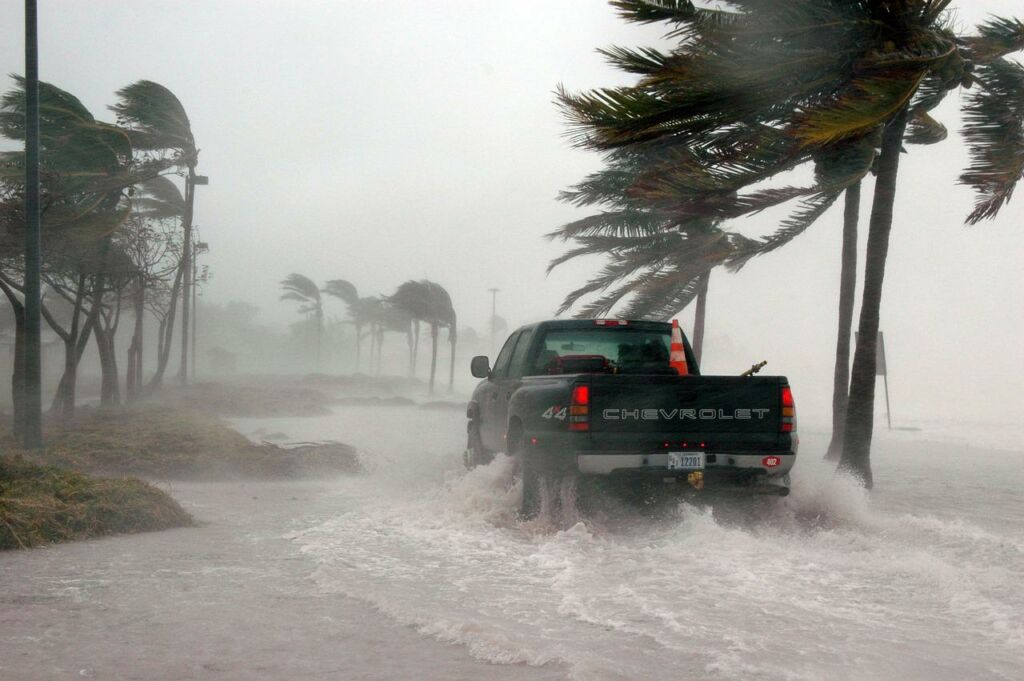
Unfortunately, some people still choose to not prepare for hurricanes or tropical storms and when they are hit, improvisation begins.
Most have no supplies or plans. When a storm heads their way, they rush to prepare, but it is often too late and the approach they take is incorrect. Some will buy much more than they actually need to the point of hoarding items that later end up in trash. Meanwhile, they loose track of the key elements to face the emergency.
If a hurricane formed and forecasters predicted it would make landfall in two days, how long would it take for residents to empty grocery store shelves? Not very long. In some cases, it would only take hours. Local housing centers and lumberyards would sell all the materials needed to build houses out of decks. Lumberyards, hardware stores, and big chains would all sell portable power generators they had in stock. Talking to your neighbours about these things before there is a weather contingency will help the community to be better organized and prepared.
Social media awareness campaigns often focus on the elderly and the disabled. But they are not the only group that needs help. Everyone should prepare, and they should do it every year. Emergency preparedness, including hurricane preparedness pays off. If you are always prepared, staying up to date is not difficult at all.
Talk to your neighbours and get to know them well enough, check regularly how they are doing. Most people know that they will depend on neighbors after a disaster. More so, people find themselves in need for help or having to accept help.
When you greet, take an opportunity to start a conversation about hurricane preparedness.
“Did you see those Facebook posts about another wild hurricane season coming up? We are following the advice and gathering our supplies and plans”… “I am happy to share them with you”.
Even mentioning the social media posts will cause some to start with preparations. They can then share information and together talk with others about how to prepare.
Many in a community will contribute to food banks and donate supplies or clothing. Why not make sure your elderly, disabled or disadvantaged community members and family have supply of food and water when a hurricane threatens?
Help them put up window shutters and store outdoor items indoors. Not only will it make you feel good, but it can lessen the damage to your own home. When the house across the street loses its roof because the garage door was not secured, the debris can damage your house and in fact worsen the hurricane damage. The lawn furniture and BBQ grill you help your neighbor put away won’t hit your house at 120 MPH and create an opening for the wind to come in and lift your own roof.
How to behave during a weather phenomenon?
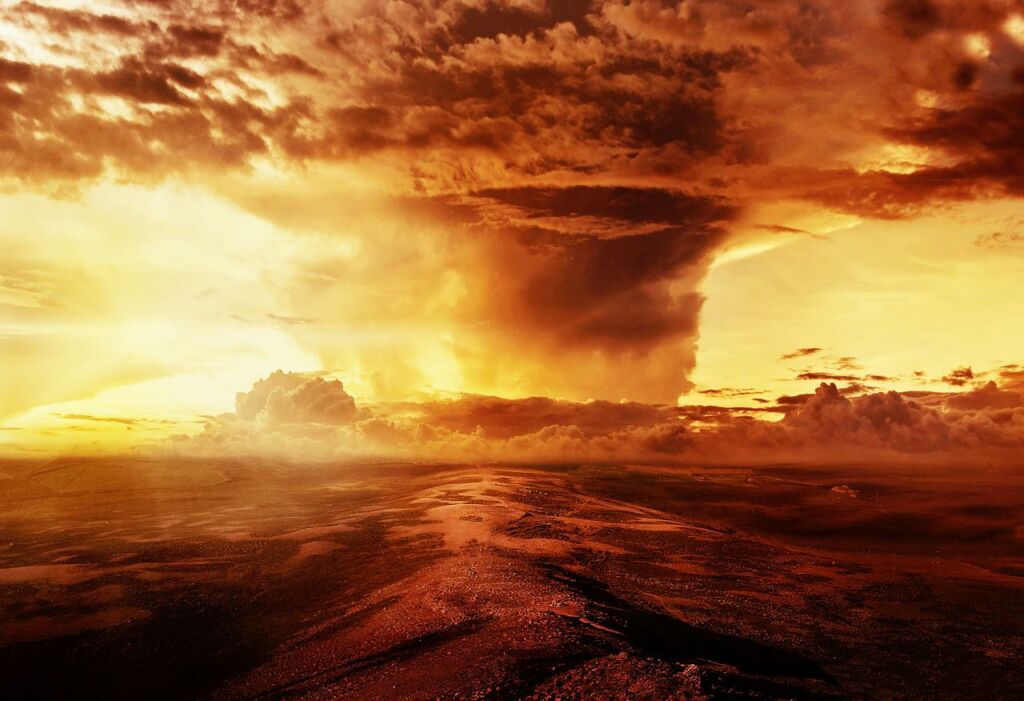
- If the wind blows open a door or window, do not walk straight into it.
- Constantly monitor the water level near your house.
- Stay away from doors and windows.
- DO NOT leave your house. Remember that torrents, floods and landslides are the main danger.
- Do not light candles, use battery lamps.
- Ideally, keep your family in an interior area of the house, as far away from doors and windows as possible. If your house has a basement, it is the ideal place to be.
- Keep calm and set an example for the people who accompany you, in an emergency you will need to be focused to make the right decisions.
Thank you!
We will contact you soon.
And after the storm... what should I do?
- Keep listening to NOAA All Hazards Radio, TV or Radio. Follow the instructions given by the authorities.
- Wait until the evacuation zone is declared safe before returning.
- If there are injuries, report them immediately to the emergency services.
- Be aware of road closures. If you come across a barricade or flooded street: Turn around, don’t drown!
- Stay on firm, dry ground. Moving water as deep as 6 inches can cause you to slip. Water that doesn’t move could be charged with electricity from downed wires.
- Avoid crossing weak bridges and damaged roads.
Once you return home, check for damage on your gas, water, and electrical appliances. - Use a flashlight to inspect the damage. Never use candles or other fire items inside the house.
- Check your house carefully to make sure there is no danger. If your house was not damaged, stay inside.
- Wear proper footwear to prevent cutting your feet on sharp debris.
- Do not drink or prepare food with tap water until official authorities say it is safe.
- Avoid being electrocuted by walking in areas near downed power lines or poles.
- After making sure your family is okay, provide help to your neighbours and work with your community. Set priorities. First old people and children, then women and then the rest of their neighbors.
- Work with your neighbours to repair the damaged zone.
- Keep the gas, electricity and water disconnected until you make sure there are no leaks or danger of a short circuit.
- Make sure electrical appliances are dry before plugging them in.
- Evacuate stagnant water to prevent mosquito infestation. If necessary, request help from the nearest aid brigade or authorities.
- If your house is in the affected area, do not return to it until the authorities indicate it.
- If you live on hillsides, slopes or mountains, beware of landslides.
The first service that is always affected in extreme weather conditions is the electricity supply...the importance of having a backup power source.
Nowadays, building construction techniques have improved significantly and the current construction regulations in areas susceptible to extreme weather events are demanding enough to guarantee that your property will withstand a hurricane without major issues.
However, it is normal for public services to be affected for a long time after an extreme weather event. When we say a long time we mean a long time…It can be anything from 15 to 30 days of interruption of public services and at times even more. Additionally, what we are sure about, is that given the circumstances of climate change, extreme weather events are gaining strength, power and frequency.
This is where having a reliable source of backup power is key so that you and your family can continue with your everyday duties while the authorities and public service companies restore services.
For this purpose you can have a portable generator like the ones we have placed above in this article, which you can move to the place of use with no requirement for installation. In the event of using one of these generators, please be careful not to use it inside the house. You could poison yourself with CO2. Always place your backup generator outside your house.
We also put the solar option above which you can install with any solar panel to have energy during the cut off in public services.
You can also have a fixed generator, installed with a transfer switch, which will allow you to continue with your daily activities during the cut off in public services. Here are some leading models in the market, which you can buy in our online store.
You can buy all these products in our online store at the best market price and with the best technical support in the direct links that we place in this article. They have free shipping within the territory of the United States.


